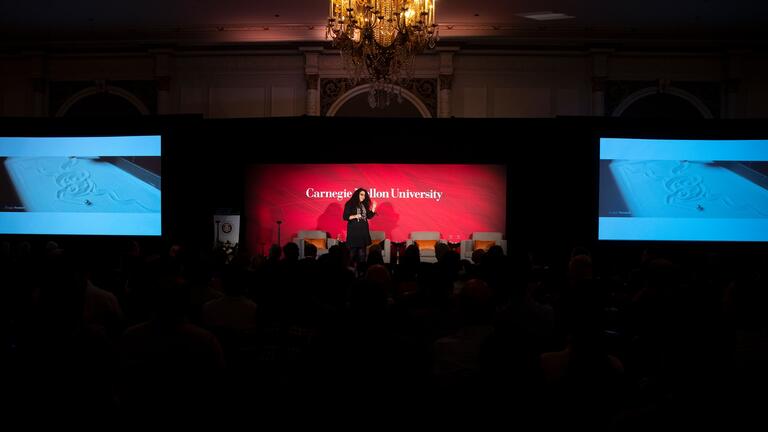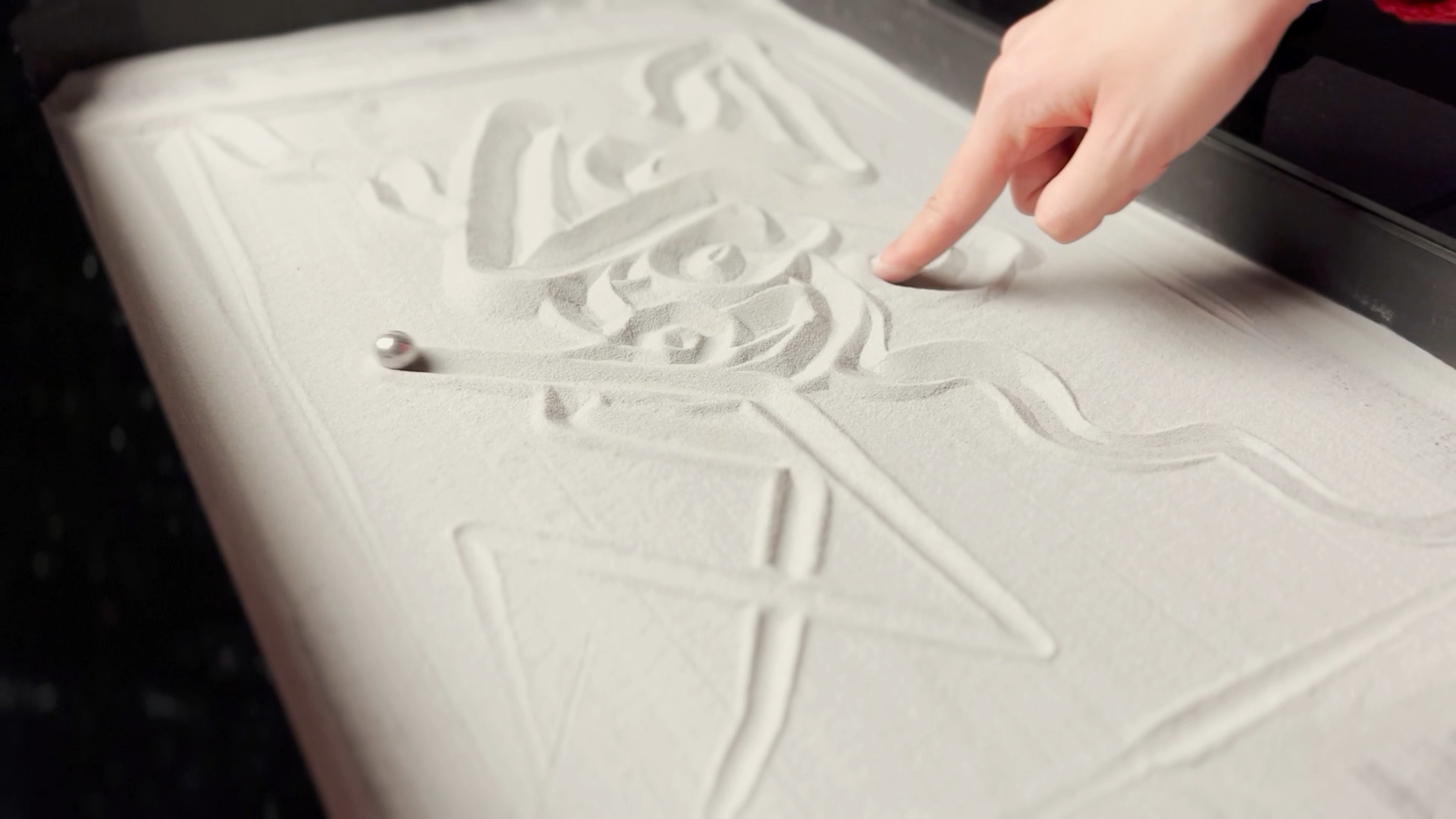Dina El-Zanfaly on Pioneering a New Era in Artificial Intelligence

Last year, Carnegie Mellon University hosted a series of events across the United States titled “Pioneering a New Era in Artificial Intelligence.” These events, hosted by CMU President Farnam Jahanian engaged the academic community in discussions on AI-related topics and attracted nearly 2,500 alumni, offering diverse and interdisciplinary perspectives. Dina El-Zanfaly, Nierenberg Assistant Professor of Design at Carnegie Mellon University’s School of Design and Director of the Embodied Computations Lab, took part in a series of panel discussions with fellow faculty experts, where she shared her unique research and insights in the field of AI.
“It was a great honor to be part of the conversation about the future of AI, design and CMU,” said El-Zanfaly on her experience. “I offered views on AI's current and future state and its integration into design practice and pedagogy.”

During the presentations, El-Zanfaly discussed how our interactions with machines shape and get shaped by us. She emphasized the varying roles that AI could play in design —not just as a tool but also as a collaborative partner. This approach is central to her research, which she illustrated through two of her projects:
Sand Playground - An AI-augmented tangible interface that investigates human-AI co-creation, allowing users to engage in creative processes with AI as a co-drawing partner and

XRWeld -An AI-augmented mixed-reality (MR) system for reskilling the workforce, designed to provide in-situ metalworking training. This system offers real-time, interactive welding instructions and feedback, enhancing the learning experience for trainees.
El-Zanfaly’s work also advocates the ethical implications of AI integration.
“Design plays an important role in shaping our society and imagining better futures for us,” added El-Zanfaly. “It not only solves problems but also enables us to ask the right questions. The rapid advancements in AI, without proper guardrails, introduce several risks, such as algorithmic biases. Design can help us create responsible and inclusive AI.”
El-Zanfaly’s contributions, particularly from a design perspective, have added a valuable dimension to the conversation and a critical dimension to the national tour’s conversations. Her insights are helping to ensure that AI’s future is ethically sound and deeply human-centered. Throughout the tour, CMU continues to lead in shaping the discourse around AI, with El-Zanfaly’s work highlighting the indispensable role of design in this evolving field.